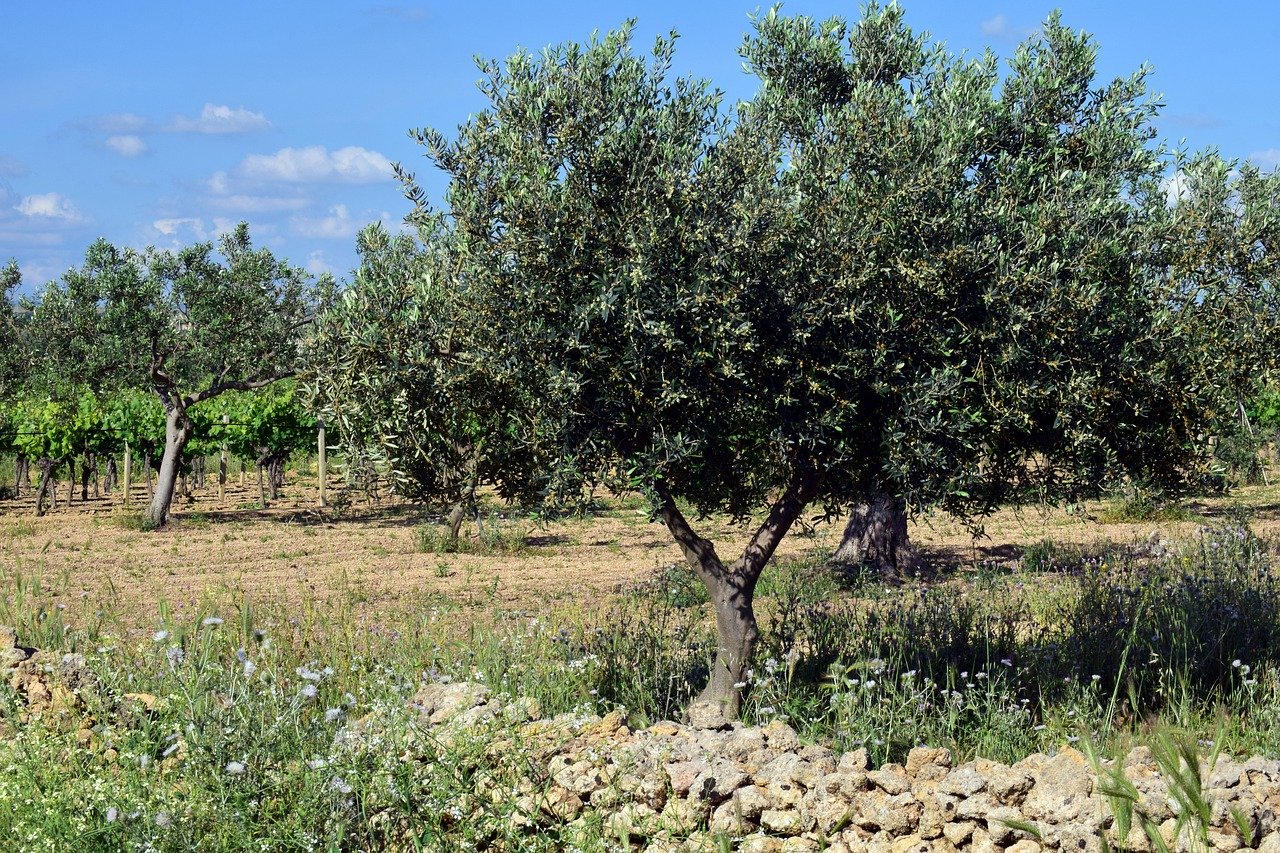The differences between PDO and AOC olive oil
Among the many existing labels, it can sometimes be difficult to find your way around when choosing an olive oil. Discover in this article the differences between PDO and AOC olive oil!
What is a PDO olive oil?
There are 7 PDO olive oils in France today (see our article on PDO olive oils in France). The PDO designation (protected designation of origin) refers to a French label delimiting a geographical area, the one where the product was made. It is a proof of the gustative quality of an olive oil. In order to obtain this label, an olive oil must first be produced and manufactured in the same place; in one of the 464 communes covered by this designation. Indeed, the clay and sandy soils of these areas and the Mediterranean climate favour olive-growing.
The taste qualities and specific characteristics of a PDO olive oil are due to the varieties of olives used (Aglandau, Salonenque, etc.) for its production and to the know-how of the French olive oil producer. Indeed, in order for an olive oil to be qualified as PDO, the olive grower must respect a particular set of specifications defined by the PDO using a recognized and ancestral know-how. He must therefore harvest the olives when they turn from green to yellow. They must then crush the olives (mechanically extracting the oil from the olives) within four days before ripening them.
What does the AOC designation mean?
The designation AOC (controled designation of origin) corresponds to olive oils that meet the specificities of the PDO and protects the name in France. AOC olive oils are produced in 6 French departments: Vaucluse, Bouches-du-Rhône, Var, Alpes de Haute-Provence, Gard and Drôme. Once again, olive oil producers must comply with precise specifications to obtain this designation.
First of all, the olive trees on which the olives are harvested must be at least five years old . They must be pruned only once every three years. The varieties of olives for a PDO olive oil are : Aglandau, Salonenque, Cayon and Bouteillan. The yield must not exceed 8 tonnes of olives per hectare and intercropping is prohibited. In addition, the upkeep of the olive grove and its water supply must comply with certain regulations.
La Compagnie de l’Huile d’Olive offers you different PDO and AOC olive oils! Discover the excellent gustative qualities of our PDO and AOC olive oils!


